A massive undersea volcano that erupted in Tonga last year reportedly disrupted satellite signals halfway around the world.
Since then, an international team of researchers has used satellite- and ground-based observations of the ionized part of the Earth's upper atmosphere, or the ionosphere, to demonstrate that an air pressure wave triggered by volcanic eruptions could produce an "equatorial plasma bubble," a hole that formed In the equatorial areas of the ionosphere, that severely disrupts satellite-based communications.
An equatorial plasma bubble, or EPB, can delay radio waves as well as degrade the performance of GPS. Disruptions to the ionization of the ionosphere, where molecules and atoms are ionized by solar radiation, and subsequent creation of a density gradient of electrons can cause the formation of the EPB.
Japan's Nagoya University noted in a news release that ...

.png) 1 year ago
38
1 year ago
38



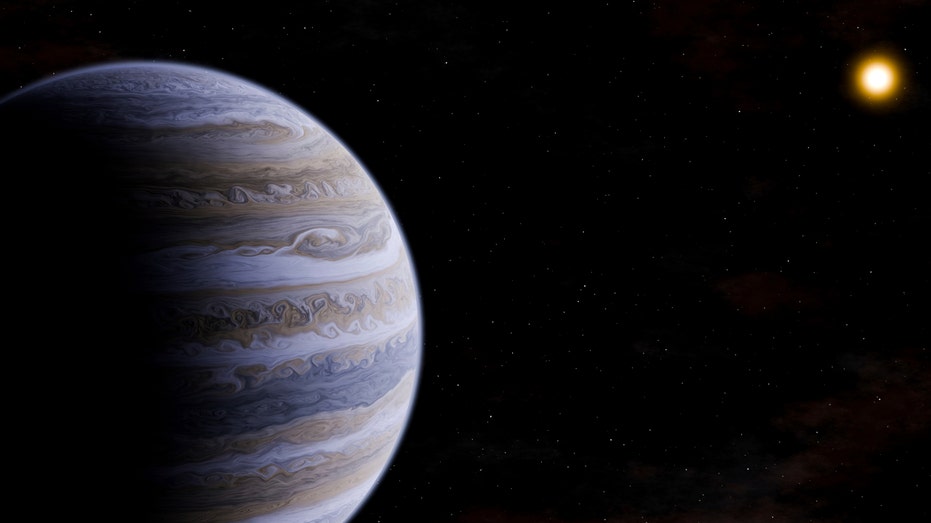
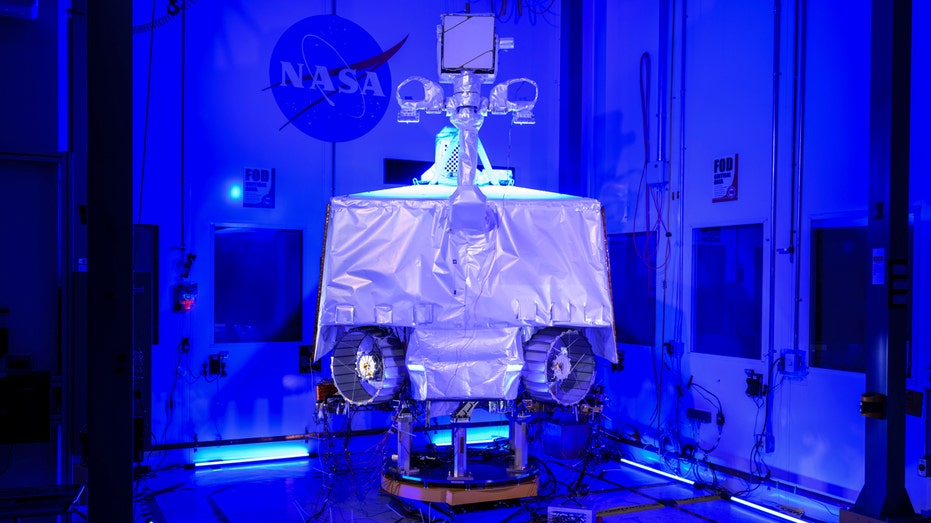




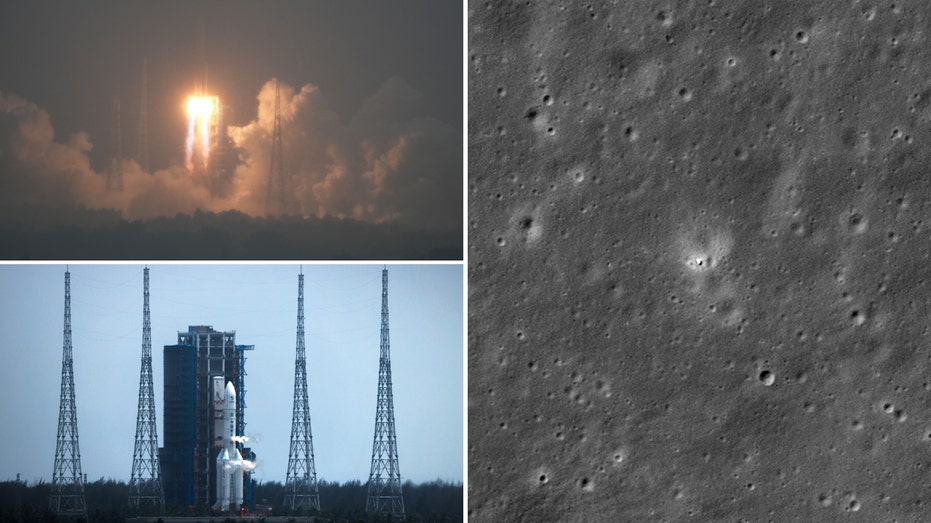

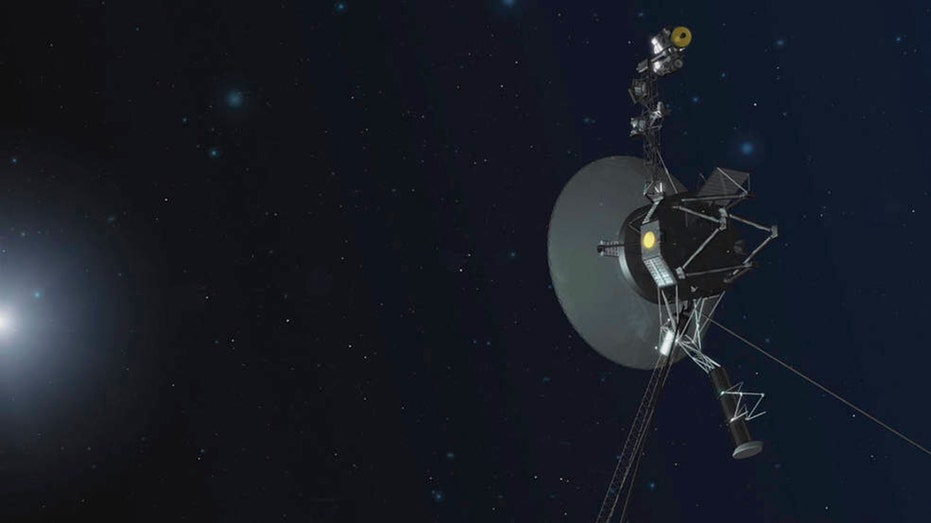
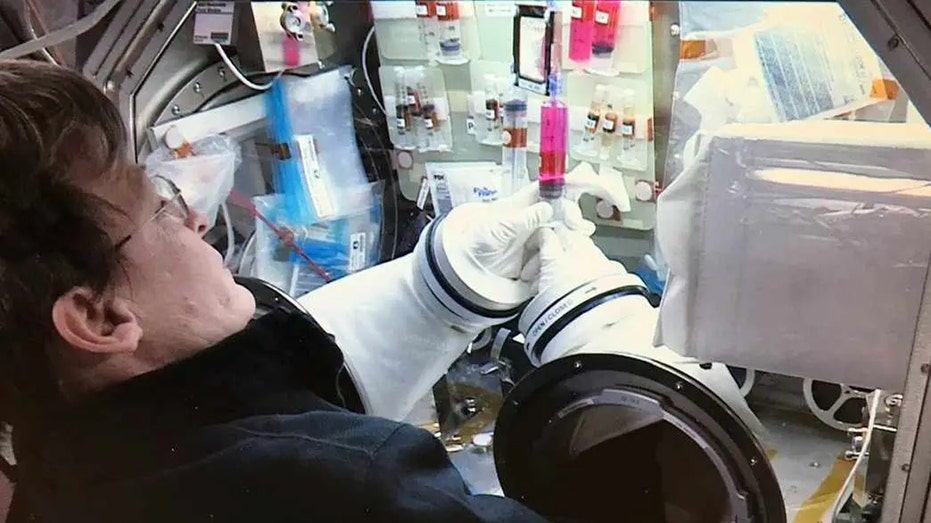




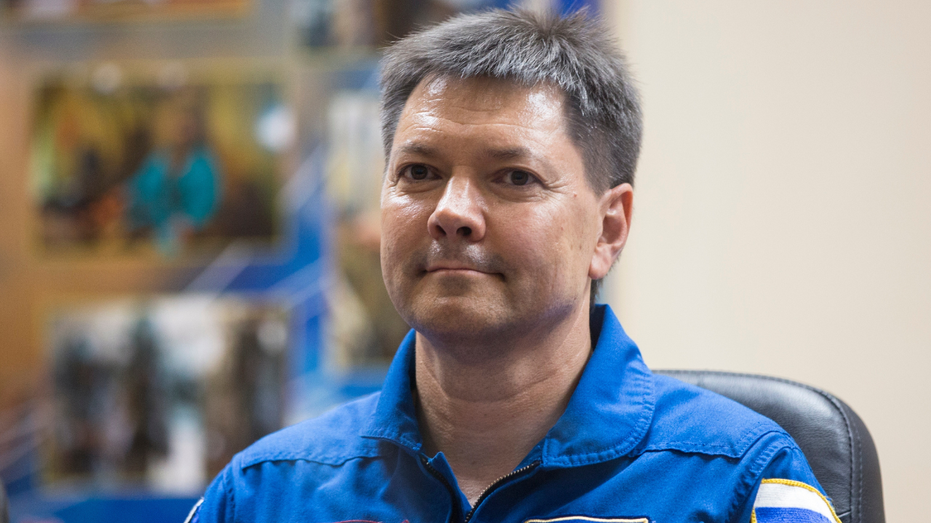


 English (US) ·
English (US) ·